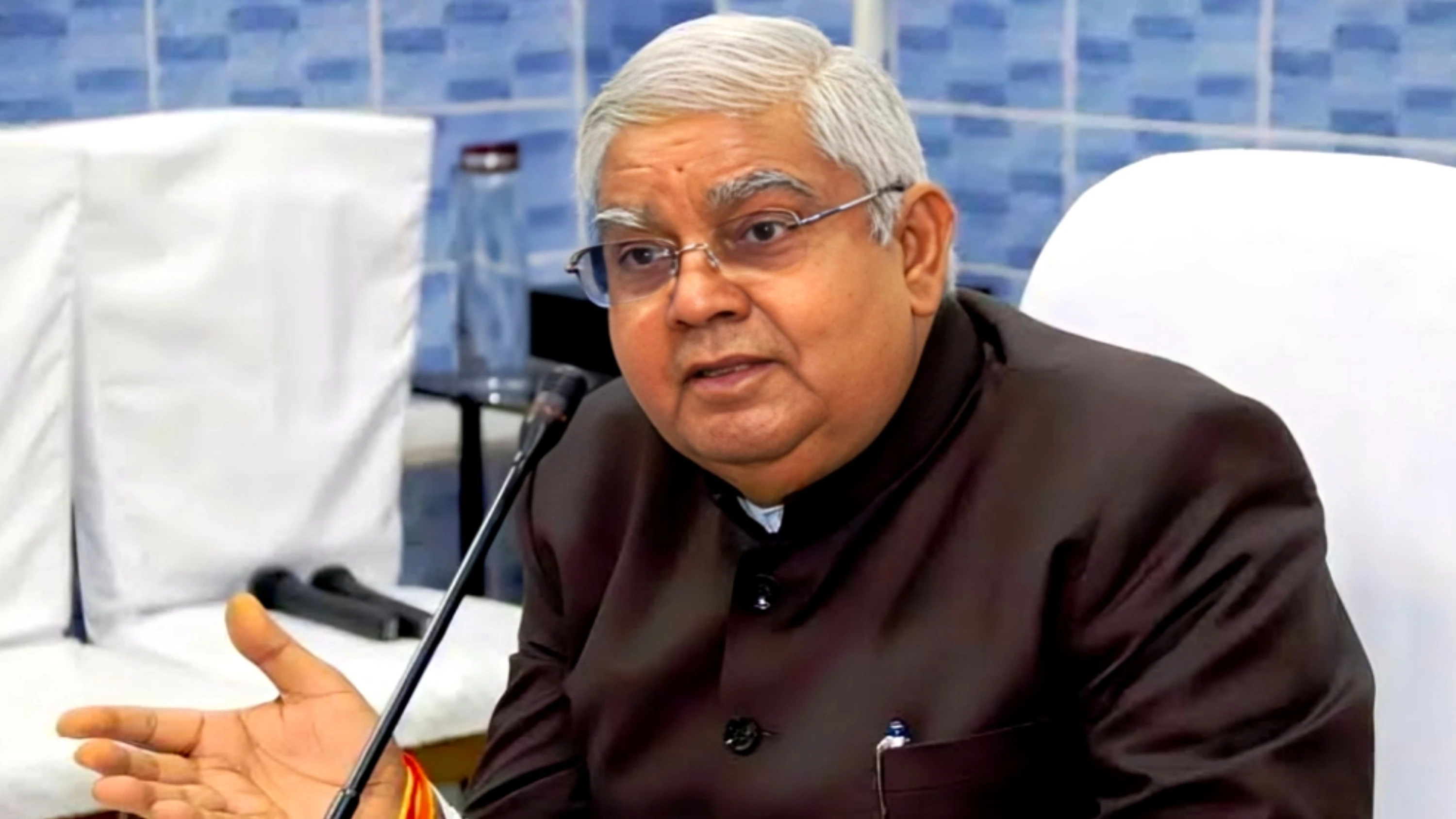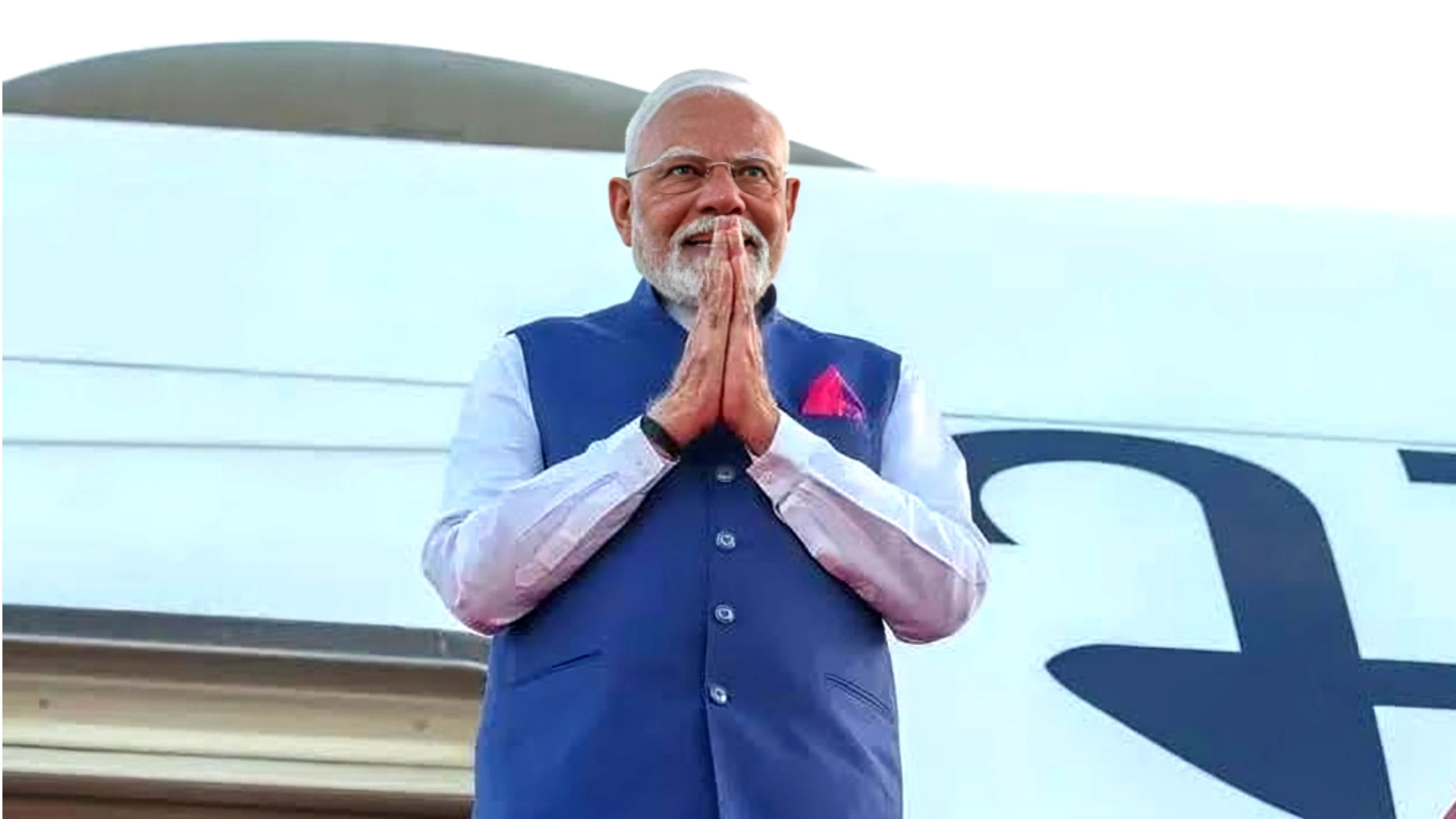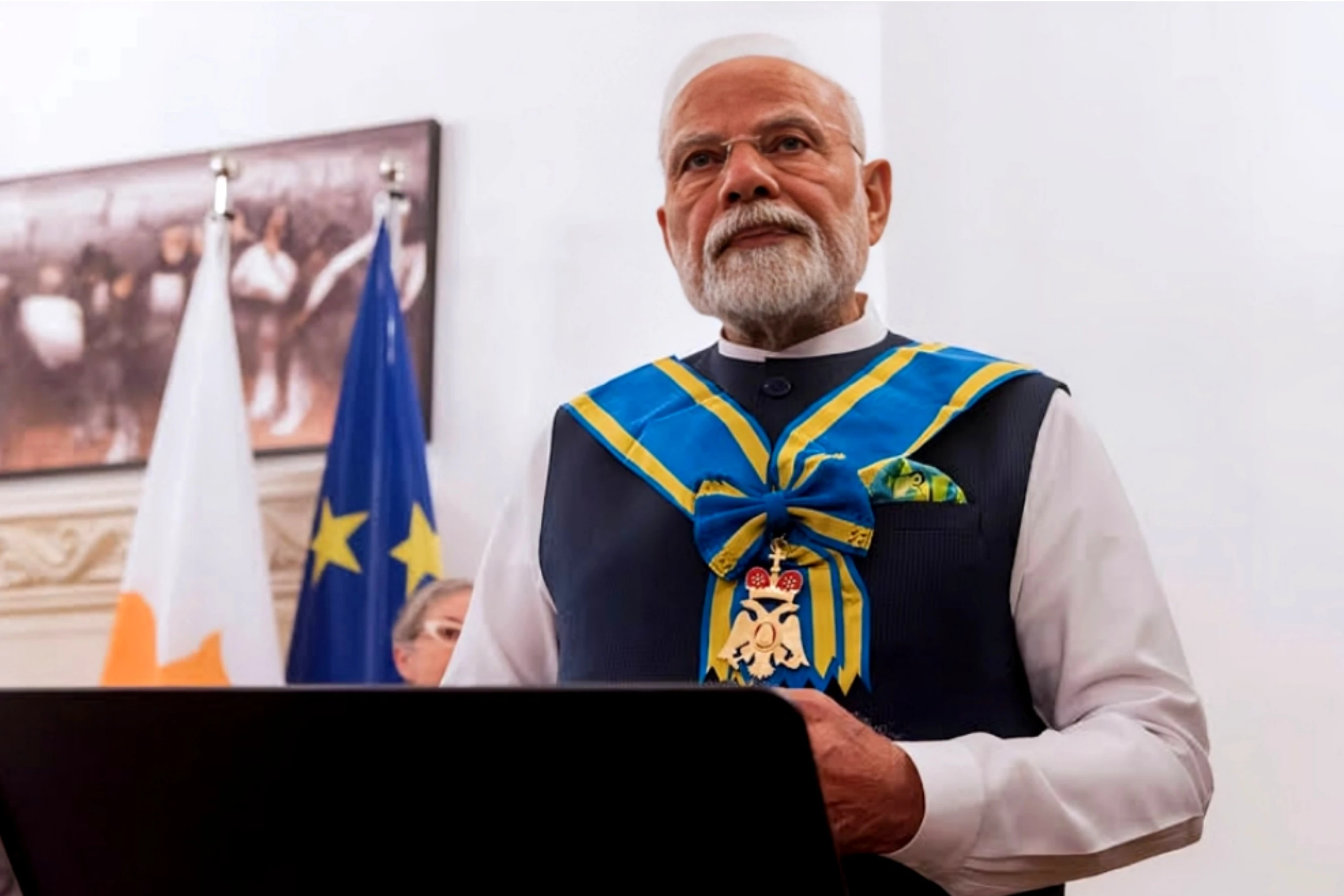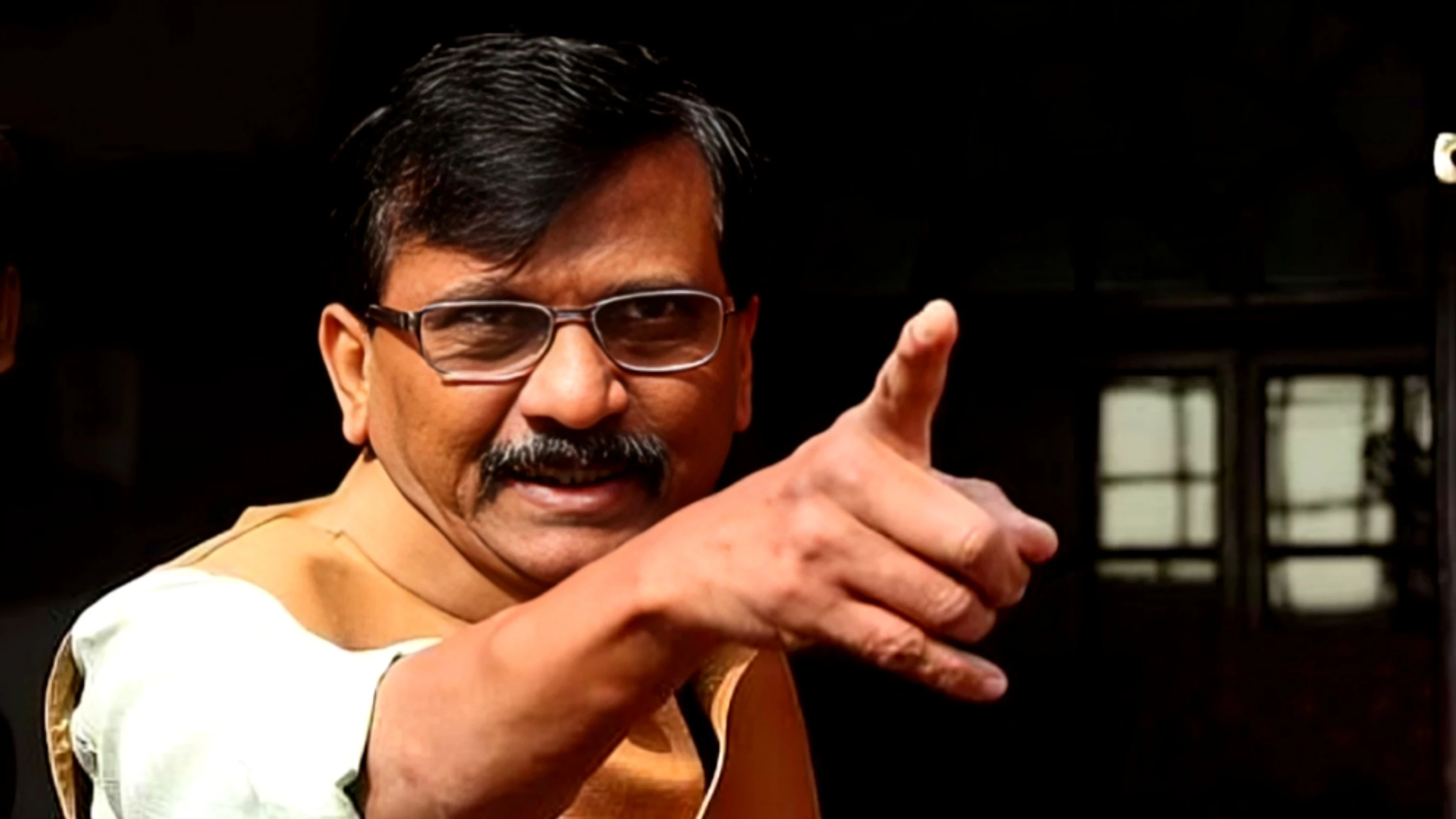Source Credit: IANS
India's e-bus market is at an exciting bout of growth with expected annual sales to increase by 15% to more than 17,000 in FY27, according to a new market report.
Around 4% of all registrations for new buses in India are for e-buses; that is, from the sales of 3,644 units in FY24 that mark an exceptional 81% lift year-on-year.
Growth is attributed to dwindling market share of conventional diesel and gasoline motor buses from around 97-98% a decade ago, settling at less than around 90% in FY24.
The report by CareEdge Ratings emphasizes increased adoption of e-buses, particularly as India's various cities plunge into using these environmentally friendly buses. Arti Roy, the Associate Director at CareEdge Ratings, highlighted that e-buses were mostly concentrated in the larger cities but, with time, their penetration will deepen in smaller towns and rural areas.
E-bus penetration per million people was dismally low at a mere six, as compared to 85 global average; the potential for growth in e-bus in India is immense. Initiatives of the government, such as the PM e-Bus Seva and PM e-Drive schemes, are contributing hugely to the adoption of e-buses, ensuring further support towards the cause of cleaner burning fuels.
The report further points out that India has enough capacity for manufacturing e-buses which are controlled by five companies controlling more than 85% of the market share with a cumulative production capacity of 40,500 yearly. The introduction of the Gross Cost Contract (GCC) model by State Transport Undertakings (STUs) is expected to further accelerate the adoption of e-buses, even though financial health of a majority of STUs remains a major contention. Greater views are shaping up in favor of the lower cost of ownership and this is paving way for the greater identification of conventional diesel buses to be ridden off the list in the eyes of many in India.








